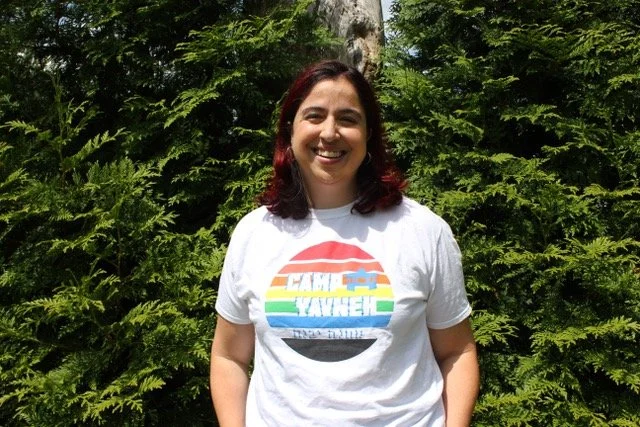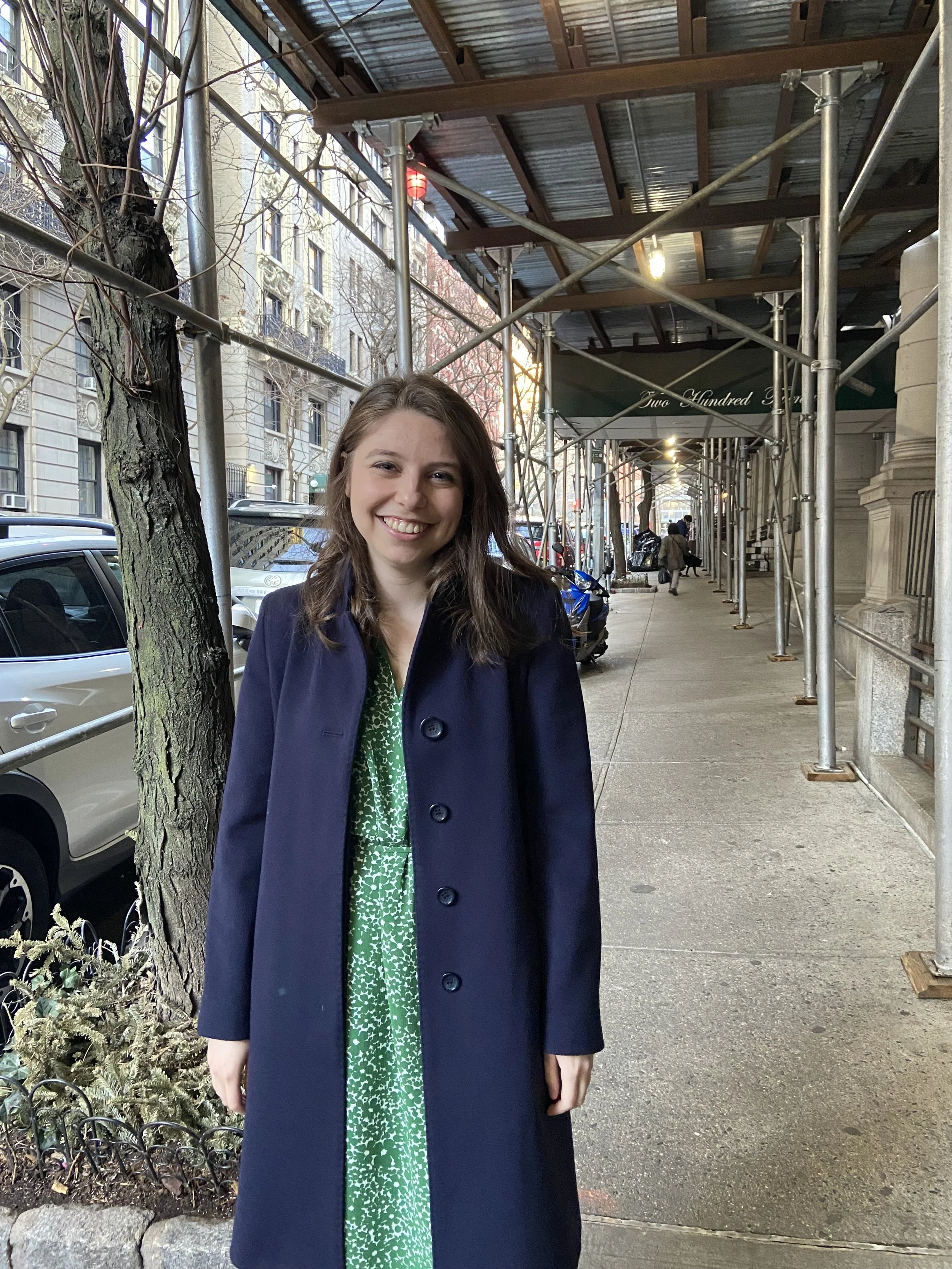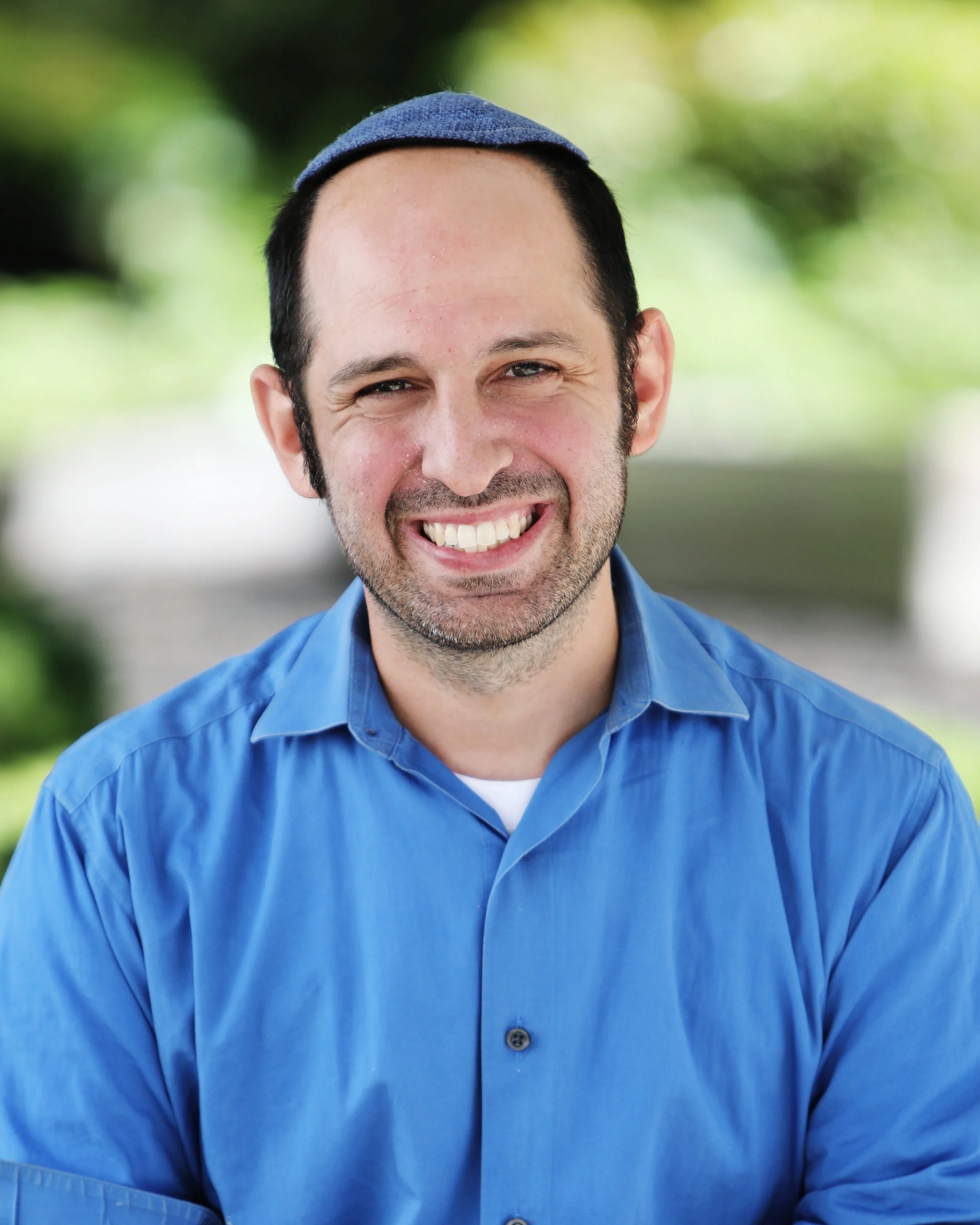D’var Torah: Vayera 2025/5786 וירא
Last July, while driving, I listened to an NPR interview with cellist Maya Beiser. Her haunting reflections on the story of Lot’s wife stayed with me long after the program ended, and I knew then that I wanted to dig deeper into Parashat Vayera. In the conversation, Beiser shared:
“Of the many stories I learned as a child, one haunted me for months, and eventually for years and decades, the story of Lot’s wife. The woman, unnamed in the biblical tale, is turned into a pillar of salt for eternity after disobeying divine command and looking back at the destruction of Sodom.
I kept thinking, why was she punished? Why was she not supposed to look back? The idea that she was turned into salt for eternity as this sort of punishment for all to see always felt really cruel and unjust to me.”
Beiser centered her latest album around this jarring moment in Vayera, tracing what she calls “an arc of female longing and defiance through the centuries.” For her, it also tells “the story of what it means to be a woman…this idea of bearing witness across millennia, and that we women need to support each other, to acknowledge that we are allowed to feel, to grieve, and to love.”
This last line of Beiser’s captured me. I, too, have always been fascinated by this parasha. What it meant for Lot’s wife, often named Idit in Midrash, to show what I have always seen as deep emotional humanity and connection in her gaze backward to a place where everyone else seems to have moved on—to a place deemed devoid of empathy.
D’var Torah: Lech-Lecha 2025/5786 לך-לך
Mom: What do you think I should write about?
Lior: How about the sentence that goes…well, I can’t remember how it goes. It’s either going up in smallness or gets larger. You know, about m’artzecha, mimolad’t’hka, mibeit avicha.
[We look up the verse: Gen 12:1 – And God said to Avram, ‘Go forth from your land, the land of your birth, from your father’s house to the land that I will show you.’
וַיֹּ֤אמֶר יְהֹוָה֙ אֶל־אַבְרָ֔ם לֶךְ־לְךָ֛ מֵאַרְצְךָ֥ וּמִמּֽוֹלַדְתְּךָ֖ וּמִבֵּ֣ית אָבִ֑יךָ אֶל־הָאָ֖רֶץ אֲשֶׁ֥ר אַרְאֶֽךָּ׃
(Who else is singing Debbie Friedman right about now?)
Mom: Okay, so what’s your theory on why God says it like that?
Lior: Well, I know but I can’t say yet.
Mom: It’s secret?
Lior: No, because I haven’t figured it out yet.
Not sure everyone has figured it out, kiddo, so let’s see what some of the other commentators have to say first. Let’s start with Rashi, the granddaddy of them all. He points out that Avram and family have already left their native land: Gen 11:31 says, “…they set out together from Ur of the Chaldeans for the land of Canaan; but when they had come as far as Haran, they settled there.” So Avram and family were already heading in the direction of Canaan by the time he received God’s calling. God needs to be more explicit about expectations for Avram: Not only do you need to leave the land, you also need to leave your father’s ways behind. Avram’s father, Terah, was an idol worshiper: God did not want that influence on Avram any longer.
D’var Torah: Noach 2025/5786 נח
Imagine if you went into Rami’s on a Sunday night, and instead of ordering a shawarma or falafel, you ask: “May I please have a cheeseburger?”
Now, I know you are wondering: How is that possible? Is Rami’s still kosher? And if they are still kosher, is it because they are now exclusively using lab-grown meat? Is lab-grown meat kosher? Is it fleishig or parve?
In my fantasy scenario, the employee hands me a cheeseburger, and I can taste the real cheese and the lab-grown meat that tastes like beef. Today, I’ll be discussing if this is indeed halachically possible.
But first, let’s talk about today’s parashah, Parshat Noach, which is the first time meat is permitted for people to eat. At the very beginning of the Torah, in the Garden of Eden, Hashem only allows Adam and Chava to eat vegetation (Bereishit 1:29):
D’var Torah: Bereisheit 2025/5786 ברשית
The Tree of Knowledge is one of the most popular mixed drinks at Lehrhaus, even though it is spirit-free, though we are always happy to add your favorite spirit. The drink is a playful re-imagining of the Boston classic Ward 8, built around the biblical mystery of the Tree of Knowledge in this week’s parasha, Bereisheit.
In Bereisheit, the Tree of Knowledge of Good and Evil stands at the center of the Garden, beautiful, inviting and forbidden. The Torah never tells us what kind of tree it was, but the rabbis could not resist imagining. Rabbi Meir said wheat. Rabbi Yossi said the fig. Rabbi Yehudah said grapes. Rabbi Abba of Akko said the etrog. The Lehrhaus version brings those ideas together with fig-leaf tea, lemon, pomegranate, and pineapple, a combination that is sweet, tart, layered, and complex.
D’var Torah: Chol HaMoed Sukkot 2025/5786 חול המעד סוכות
On Shabbat Chol ha-Moed Sukkot, we read a section of Shemot featuring a powerful conversation between God and Moshe. As Moshe asks God for guidance, he pleads, “Let me behold Your Presence!” (33:18). God agrees to stay present with the Israelites through the desert, but qualifies this by telling Moshe, “You cannot see My face, for a human being may not see Me and live.” (33:20)
As kids are learning about God and the important role God plays in our lives, they often struggle with this idea, frustrated that they can’t see God, that God does not present in a corporeal or tangible way. Educators help kids grasp this concept in various ways: some compare God to intangible emotions like love, which they understand exists even though they can’t “see” it. And others encourage kids to look for God in nature’s miracles and wonders.
D’var Torah: Ha’azinu 2025/5786 האזינו
I hope everyone had a meaningful and sweet Rosh Hashanah.
It is an honor to write this week’s D'var Torah for the Shavuon at a time that is incredibly important—Aseret Yamei Teshuvah, the ten days of repentance, our "last chance" to make things right, if you will.
It is in these 10 days that we are urged to look inside ourselves, to do serious teshuvah. Not just in regard to how we have treated others and the world, but almost most importantly and most often overlooked—how we treat ourselves.
Since the beginning of the Hebrew month of Elul (think of it as the month long pregame or practice scrimmage for the holidays) I have focused a lot on personal teshuvah, personal repentance. I've asked myself the following questions:
D’var Torah: Vayelech 2025/5785 וילך
This week’s parsha, Vayelech, is the shortest parsha in the entire Torah (only 30 psukim), yet it has a big impact. It opens by telling us that it is Moshe’s 120th birthday, the day of his death, and describes Moshe and God’s encouraging words to Yehoshua, the new leader of Bnei Yisrael, “chazak v’amatz,” “be strong and resolute.” These words become a refrain, appearing again at the beginning of the Book of Joshua as he is about to lead the people into the land of Israel for the first time.
It is a time of great uncertainty for the nation. Their beloved leader of 40 years has just passed, and they are going to a new place after wandering in the desert their entire lives. This generation does not remember Egypt themselves, just the stories they learned from their parents about the miracles, receiving the Torah, and how the report of the spies was scary and they were punished for not trusting God. Chazak v’amatz is such a compelling message that King David borrows the line when writing Psalm 27:14 “Chazak v’ameitz libecha, v’kaveh el Adonai.” “Look to the LORD; be strong and of good courage! O look to the LORD!” This tehilla is said every morning from the beginning of Elul through Hoshana Raba, the period of repentance in the Jewish calendar. What is the connection between Parshat Vayelech and the Days of Awe?
D’var Torah: Nitzavim 2025/5785 נצבים
It's just semantics—or is it?! When it comes to understanding Torah, it's all about semantics. In this week's parashah, Nitzavim, a close reading clarifies the path of Teshuva (repentance/returning) we walk during this season of Yamim Nora'im, the High Holdy days, and always.
In last week's parashah, we learned about different blessings and curses we may experience, based on how closely we follow mitzvot and how righteous a path we walk through the world. In this week's parashah, we learn the effects of our actions; we get into the semantics of when blessings or curses befall us.
D’var Torah: Ki Tavo 2025/5785 כי תבוא
“How is the year going so far?” Many people have asked me this over the past four days and I have asked as well. This year, so far, has felt different from my previous eight years at the school because…it feels familiar. We have done so much work over the past number of years to establish routines, traditions, shared norms and expectations and while every year provides new opportunities for growth, this year feels like an affirmation of our continued shared commitments.
D’var Torah: Shelach 2025/5785 שלח
The story of the spies lies at the heart of the entire book of Bamidbar; it determines who will – and who will not – be able to enter the Land of Israel. While the spies have generally drawn the scorn of traditional commentators, who are stunned by their lack of faith, I’ve always had such compassion for them.
D’var Torah: Ki Teitzei 2025/5785 כי תצא
This new school year, like every new year, is full of possibility and promise. We were reminded in last week’s parsha, parashat Shoftim, of the Torah’s call to build communities rooted in justice and integrity. The portion famously commands, “Tzedek, tzedek tirdof - Justice, justice shall you pursue.”









